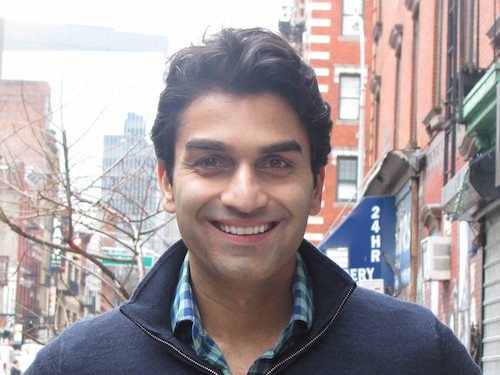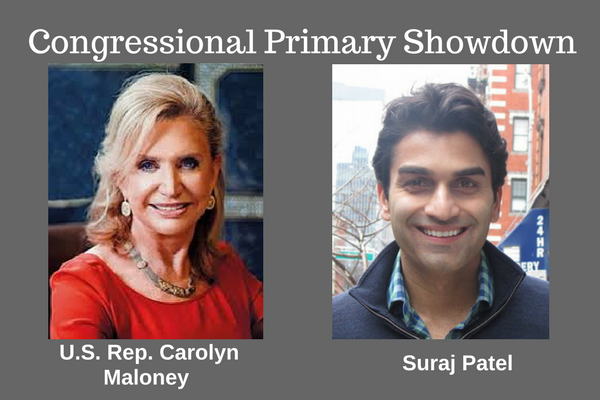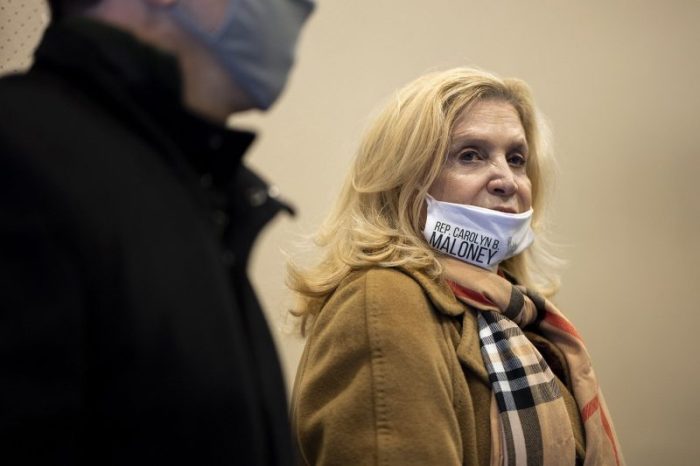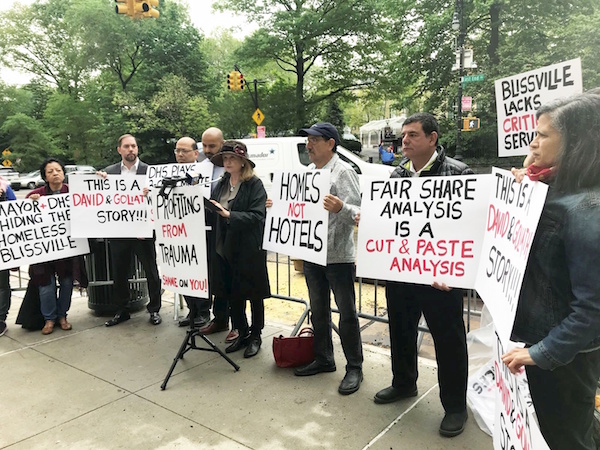Suraj Patel wasn’t born in New York but does remember the city shaping his youth. He joined his parents on usual trips from New Jersey to Jackson Heights to purchase groceries from Indian stores. He even obtained his juris doctorate at New York University and returned years later as a professor.
Now he is seeking to add another chapter in his life here—becoming the next representative for New York’s 12th Congressional District. Yet he is not running against the incumbent; rather, he is running to change the Democratic Party as an outsider.
“Let’s put it like this,” he said. “If your house is on fire, then you can’t put it out from the inside.”
Born in Mississippi to two parents from India, Patel is the President of Sun Group of Companies, a real estate and investment firm specializing in hospitability, and an adviser to political campaigns as well as technology startups.
The 34-year-old is one of two candidates challenging incumbent Rep. Carolyn Maloney (D-Manhattan, Brooklyn, Queens) in the district. Recently, he raised more money for the campaign than Maloney after receiving around $550,000 in contributions. This outraised Maloney’s efforts by four to one.

But Patel does not want the election framed as him against Maloney. He prefers to focus on getting citizens engaged, especially after the last presidential election.
“The political establishment is the reason why Donald Trump is in the White House,” he said.
Of course, Patel is familiar with political campaigns as he worked in both Obama for America presidential campaigns. He also advised Hillary Clinton’s campaign in 2016 and worked for a mayor in Indianapolis, Indiana.
Yet the East Village inhabitant opts for another style of campaigning. Instead of the traditional model, he wants his campaign as a startup. He views the political process as a market and voters as customers participating in a free service. This service, he noted, doesn’t work anymore with many voters feeling apathetic.
“If we’re not going to think about ways to bring them into the process then increasingly we’re going to be governed by the few, the connected, and the people that have some sort of vested financial interest in the outcome,” Patel said.
Patel also refuses all donations from corporate PACs, which he views as an example other Democrats across the country need to follow to best represent their constituents.
“You do need money to run for office,” he said. “However, it should at least come from human beings.”
Patel believes the district can lead the nation on a progressive path. This includes universal health care, attend college without debt, access to affordable housing, end cash bail, curb climate change, and more.
“We shouldn’t be talking about them, we should be tackling the drivers that underlie them,” he said.
He also warned elected officials should not have been complacent about change with Donald Trump and his allies in government. For example, he believes more was needed to improve transportation in New York City that is plagued by train delays, sporadic service, and lack of improvements.
“I do think the establishment and the machine needs to be reformed. There is absolutely no reason that any election should be uncontested anywhere in this country and in this city. Everyone needs to be compete,” said Patel.
The campaign is looking to mobilizing youths, bringing on staffers from both the presidential campaigns of Hillary Clinton and Martin O’Malley. He views young people as key to ensuring success for his campaign.
Patel explained they would go where youths are to hear what they want from politicians. He recalled the values instilled in the Obama presidential campaigns that emphasized one-to-one meetings and hearing out what voters want.
“Apathy isn’t a failure of people, it’s a failure of leadership,” Patel said.
If he became a representative, Patel prefers to take a hands-on approach regardless of obstacles in Congress. For instance, he would attend boardrooms in New York City and demand equal pay for women.
Maloney’s campaign is familiar with challengers, attaining 90 percent of voters in the last Democratic primary in 2016. Yet Patel is not fazed by this, noting this does not capture all the voters in the district. Rather he anticipates becoming a representative and transforming the idea of democracy.
“We have the opportunity to redefine what it means to be a representative for a generation,” he said.
















